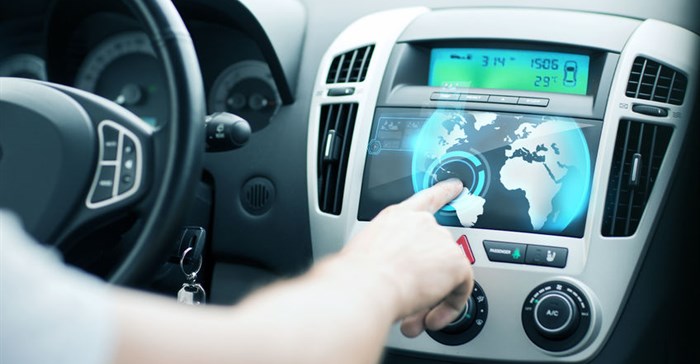
Top stories

Marketing & MediaBehind the campaign: Reframing fairness in ride-hailing: The inDrive success story
inDrive 1 hour





More news















A recent white paper published by Navigant Research claims that vehicle technology has hit a point of no return, and over 1.2 billion vehicles could be connected to the world around them within the next ten years. These changes will no doubt have a dramatic effect on car manufacturers, stakeholders, and everyone else within the auto industry.
This market research and consulting firm set out to explore the future of the auto industry by speaking with executives, engineers, marketing specialists, and other key figures through in-person and phone interviews. After compiling the data, a few key trends began to emerge. The team at Navigant Research suggests that public transportation is soon to be autonomous, on-demand, electric, and connected to the world around it. While the technology might seem implausible to implement in the near future, Navigant Research states that the transition will most likely take place between 2025 and 2050.
This evolution should come as no surprise to anyone who has his or her finger on the pulse of the industry. Billions are being invested into this technology from companies such as Tesla, Uber, Lyft, GM, Google, and Ford. These advancements are taking place at an astonishing rate, and many promising features can already be found in current models. According to John Gartner, senior research director with Navigant Research, “By mid-century, the practice of someone primarily driving himself or herself around town in a gasoline car will be as unusual as travelling by horse and buggy is today.”
The push toward electric vehicles is coming from quite a few directions, and that includes local politicians and city planners, who wish to control pollution in congested city centres. London has recently finalised its first two all-electric bus routes, and it seems as if the city could not be more excited. In addition to lower emissions and quieter engines, these vehicles are also providing some much-needed relief to the strained infrastructure that is found in cities throughout the world. When combined with car sharing programmes and on-demand delivery services, it seems as if personal vehicles could soon be a thing of the past.
Modern vehicles have become inundated with wireless technology, and this trend is sure to continue. Within the auto industry, these changes can already be seen in a wide variety of companies and their vehicles. In 2003, Toyota released the first hybrid vehicle with automatic parking capabilities, and the technology has only improved from there. Many production vehicles now come with microprocessors and sensors that track nearby traffic and dangers on the road. They also put that data in the hands of the driver through mobile apps and in-car displays. Almost every mechanical system can be carefully tracked to ensure maximum efficiency at all times.

Industry titans such as Elon Musk have invested an incredible amount of time and energy into autonomous vehicles, and the world might be on the cusp of quite a few major changes to fleet vehicles. Autonomous vehicles for private drivers will no doubt be popular, but fleets of driverless trucks and buses could redefine practically every industry.
Earlier this year, GM invested $500 million in Lyft and over $1 billion in the self-driving technology company Cruise Automation. They claim that they will have a fleet of autonomous Lyft taxis within just a few years, and other car manufacturers are right behind them. BMW has announced it will have production autonomous vehicles within five years, and Uber has invested over $680 million in the self-driving truck startup known as Otto.
One of the biggest challenges of rebuilding a city's transportation infrastructure is ensuring that the system is as efficient as possible with limited idle time for the fleet of vehicles. One solution to this is the use of on-demand technology that will allow passengers to hail rides with their phones and other mobile devices.
The consultants at Navigant Research believe that this technology will begin to reduce the number of vehicles on the road by 2030. Many OEMs are adopting these changes into their own business model to offset the lack of sales in urban areas. This includes companies such as Ford that have already prepared their plants to begin producing a high volume of driverless cars for ride-sharing programmes.
These widespread changes to the transportation industry will forever change the world we live in. In as little as 10 or 15 years, the transition from private vehicles to autonomous fleets could be in full effect. Car manufacturers and investors who fail to embrace these breakthroughs might find themselves fighting an uphill battle against early adopters.